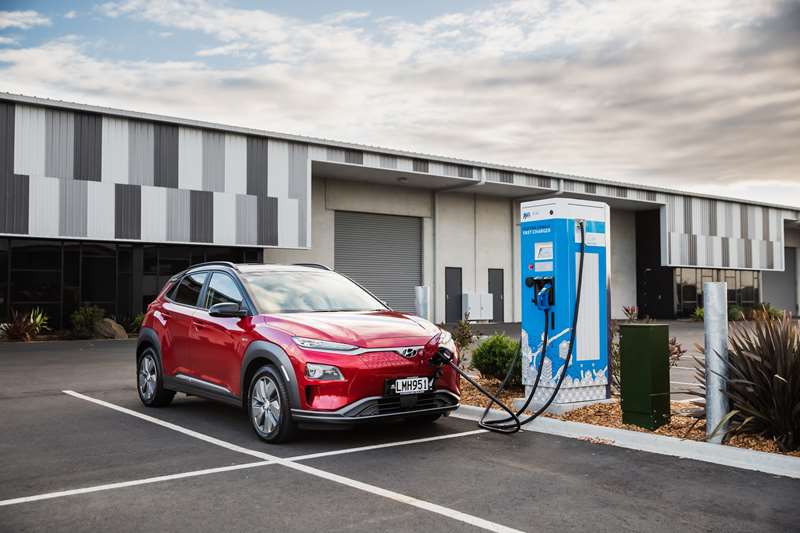Electrics are the future say respondents
New Zealanders see electric vehicles as a key part of a sustainable future for the country, according to a survey out this week.
The survey, carried out for Hyundai, found 24% of respondents agreed that ‘‘electric vehicles are the future’’ and 43% believe ‘‘it’s a good start’’.
Survey results showed electric vehicles generated a sense of excitement among New Zealanders, which went beyond perceived environmental benefits, a press release on the survey results said.
Benefits welcomed by respondents included savings on fuel, fuel taxes, and road user charges, along with the general perception of lower maintenance and running costs.
The main three factors that struck a chord were:
1. That electrics are better for the environment than conventionally powered vehicles (19%).
2. Not having to pay for petrol (18%).
3. That they cost less to run than petrol cars (15%).
The lingering reservation New Zealanders have is the cost of buying an electric vehicle.
Hyundai New Zealand general manager Andy Sinclair says the price of electric vehicles is largely determined by the fact that battery technology is expensive.
‘‘It’s common for people to be put off by the fact that you pay more for an electric battery vehicle than a vehicle with an internal combustion engine, but it costs so little from a recharging perspective that the savings add up very quickly. That is currently an education issue for the industry, because the return on investment is very much there. Maintenance is a lot less, combined with no fuel costs.’’
Beyond the primary focus on the purchase price, concerns about electric vehicles included that there were not enough charging stations (16%), long recharging times and limited range (11%).
Sinclair said the country’s EV charging network continues to undergo rapid expansion.
‘‘There is no doubt that the number of stations will grow as more and more New Zealand businesses and the public adopt EVs.’’
Survey results show that almost a third of Kiwis believe that a 200km-350km single-charge range would suffice.
‘‘As battery technology develops, we will start to see driving range rapidly increase,’’ Sinclair said.
Hyundai’s Ioniq has a real-world driving range of 200km, and the company has just launched the Kona Electric, New Zealand’s first compact eSUV, which has a driving range ofup to 400km.
‘‘Eventually the benefits will outweigh the barriers





